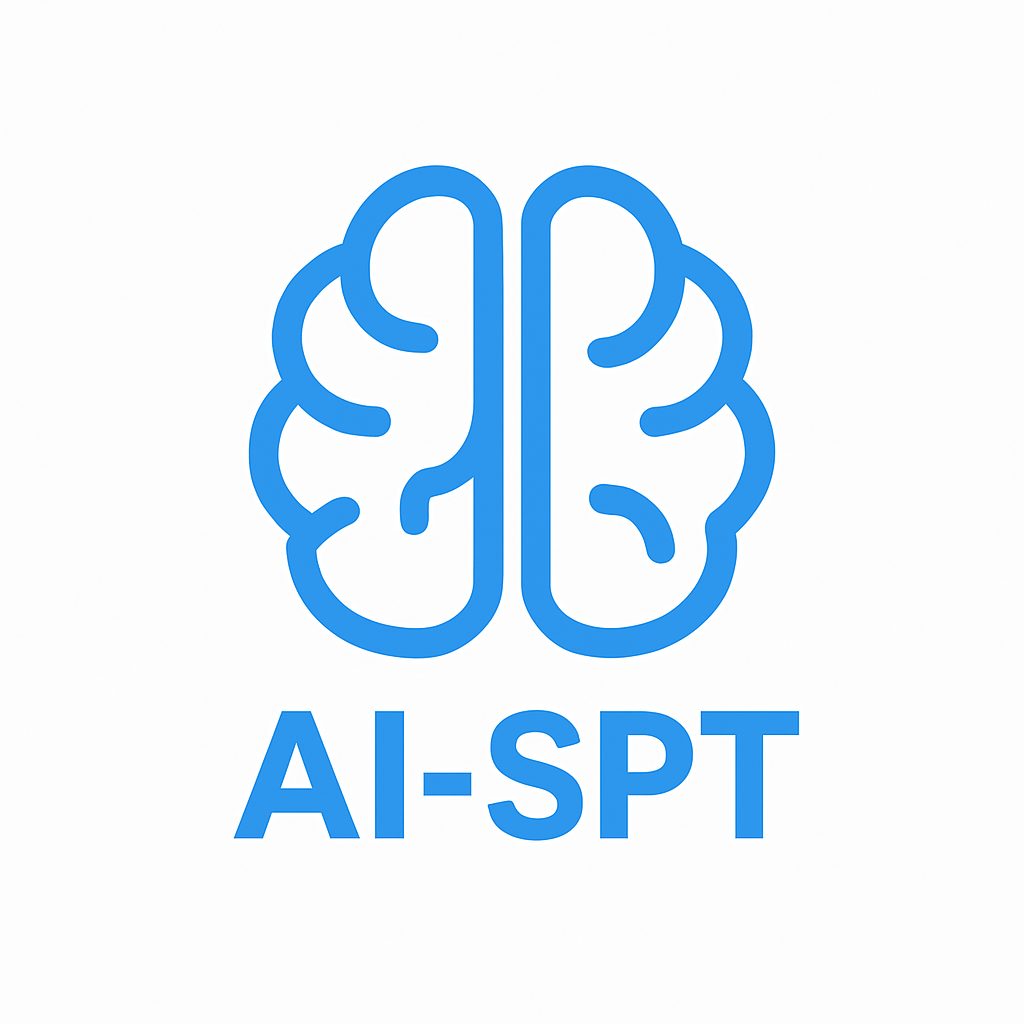The intersection of artificial intelligence and healthcare continues to yield innovative approaches to treating complex conditions. Among these emerging strategies, AI-Simulated Presence Therapy (AI-SPT) stands out as a promising intervention for individuals with dementia and other cognitive impairments. This blog post explores the evolution, implementation, and effectiveness of this cutting-edge therapeutic technique.
What is Simulated Presence Therapy?
Traditional Simulated Presence Therapy (SPT) involves playing personalized audio or video recordings of family members to individuals with dementia6. This non-pharmacological intervention aims to alleviate anxiety and agitation by evoking comforting memories and creating a sense of familiarity in the person's environment6. Developed as an alternative to medication for managing behavioral and psychological symptoms of dementia (BPSD), SPT seeks to reduce distress through meaningful connections with loved ones2, 5.
The content of these recordings typically includes conversations, stories, or shared memories tailored to the individual's interests and history6. By making the environment more familiar through the recorded voice of a family member, SPT aims to provide reassurance and reduce anxiety6.
The AI Evolution: From Recordings to Interactive Presence
AI-Simulated Presence Therapy enhances the traditional concept by utilizing artificial intelligence to generate dynamic, interactive representations of loved ones8. Unlike static recordings, AI-SPT offers a more immersive and responsive experience, aligning with broader trends in AI integration within psychotherapy contexts8.
This advancement represents a significant leap forward, as conversational AI has demonstrated meaningful impacts in mental health applications. Recent meta-analyses have shown that AI-based conversational agents can significantly reduce symptoms of depression (Hedge's g 0.64) and psychological distress (Hedge's g 0.7)3.
Benefits of AI-Simulated Presence Therapy
The implementation of AI-SPT offers several potential advantages:
Enhanced Patient Comfort: Interactive simulations provide real-time engagement, potentially reducing feelings of loneliness and distress in patients with cognitive impairments8.
Reduced Caregiver Burden: By alleviating patient agitation and anxiety, caregivers may experience decreased stress and workload, improving quality of life for both patients and their support networks8.
Cost Efficiency: AI-SPT may reduce reliance on pharmacological interventions, leading to cost savings and fewer medication-related side effects8.
Personalization: AI algorithms analyze patient histories to create tailored simulations that resonate with individual experiences and preferences8.
Interactivity: Unlike traditional recordings, AI-driven simulations can adapt to patient responses, fostering a more authentic sense of presence and engagement8.
Scalability: The technology can be deployed across various settings, from nursing homes to private residences, making it accessible to broader populations8.
Implementation Process
Effective implementation of AI-SPT involves several key steps:
-
Assessment: Evaluate the patient's cognitive status and suitability for AI-SPT8.
-
Data Collection: Gather audio, video, and contextual information about the individuals to be simulated8.
-
AI Model Training: Use collected data to train AI models capable of generating realistic simulations8.
-
Integration: Implement the AI-SPT system within the patient's care routine, ensuring compatibility with existing therapies8.
-
Monitoring: Continuously assess the patient's response to the therapy, making adjustments as necessary8.
Evidence for Effectiveness
Research into AI applications for mental health and cognitive conditions shows promising results:
-
AI-based conversational agents have demonstrated significant effectiveness in reducing symptoms of depression and distress, with particularly pronounced effects when using multimodal, generative AI-based systems3.
-
These effects appear strongest among clinical/subclinical populations and elderly adults—precisely the demographics most affected by dementia3.
-
Studies of traditional SPT have shown mixed but encouraging results in reducing agitation and disruptive behaviors in nursing home residents with dementia6.
A real-world application developed by researchers at Vancouver Coastal Health Research Institute includes an iPad Simulated Presence Therapy toolkit that enables family members to create videos for loved ones with dementia4. This approach has shown promise in strengthening personal connections between people with dementia and their families4.
Challenges and Ethical Considerations
Despite its potential, AI-SPT faces several important challenges:
-
Ethical questions arise regarding the use of AI representations of loved ones, particularly for individuals who may not fully comprehend the simulation aspect7.
-
Implementation requires careful consideration of patient dignity, privacy, and consent processes7.
-
Effectiveness must be assessed across diverse patient populations and therapeutic settings to ensure equitable benefits7.
Future Directions
The future of AI-SPT looks promising, with several developments on the horizon:
-
Ongoing research is exploring the externalization of internal experiences in psychotherapy using generative AI, which relates to the simulation concept and may further enhance therapeutic approaches7.
-
SAFE-AI protocols are being developed specifically for therapeutic AI integration to ensure appropriate and ethical implementation7.
-
Integration with other technologies like virtual reality may further enhance the immersive quality of the experience8.
-
More rigorous clinical trials are needed to establish best practices and validate effectiveness across different applications and populations7, 9.
Conclusion
AI-Simulated Presence Therapy represents a convergence of technology and compassionate care, offering a novel approach to alleviating distress in individuals with cognitive impairments. As research continues and technology advances, AI-SPT holds promise for enhancing quality of life for millions of people affected by dementia worldwide, while potentially reducing caregiver burden and healthcare costs.
While challenges remain in validation and ethical implementation, the path forward points toward increasingly sophisticated, personalized therapeutic interventions that harness the power of artificial intelligence to maintain human connections during cognitive decline.


Blog comments